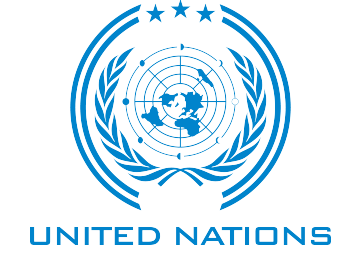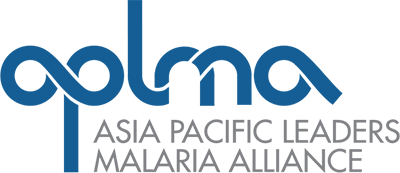Strong political leadership is key to funding, implementing, and tracking progress in the fight against malaria. Endemic country governments implement malaria interventions as part of their public health programs and incorporate new strategies, with financial support and technical assistance from donor countries and the international community.

Global
UN agencies include the World Health Organization (WHO), which provides policy guidance, and UNICEF, which distributes life-saving interventions. UN leaders, such as the UN Secretary-General, guide global progress on the Sustainable Development Goals. The UN Office for Project Services (UNOPS) also hosts the global coordinating body on malaria, the RBM Partnership to End Malaria (RBM Partnership).
Global
The End Malaria Council is a committed group of global public sector and business leaders that sees malaria eradication as a critical health and development priority. Together these leaders drive progress toward eradication by ensuring malaria eradication remains a top global priority, advocating for sufficient funding to end malaria, and supporting the introduction of new technologies to accelerate progress against the disease.
African Region
The African Leaders Malaria Alliance (ALMA) is a coalition of 49 African heads of state and government working across country and regional borders to eliminate malaria by 2030.
Asia-Pacific Region
In 2015, Asia-Pacific leaders from 17 countries committed to eliminate malaria in the region by 2030. This includes India, the country with the 3rd highest burden of malaria in the world. The Asia-Pacific Leaders Malaria Alliance (APLMA) brings leaders together to address regional malaria challenges, including regional financing mechanisms and access to quality medicines and other technologies.


Americas Region
Central America and the Caribbean are the next regions in the world that are due to eliminate malaria, with a major focus on Haiti, which has the tools but requires additional funding to get the job done. Country responses to malaria in the Americas are coordinated with regional strategies - including the Malaria Zero Consortium and the Amazon Malaria Initiative - with the support of the Pan-American Health Organization (PAHO).

